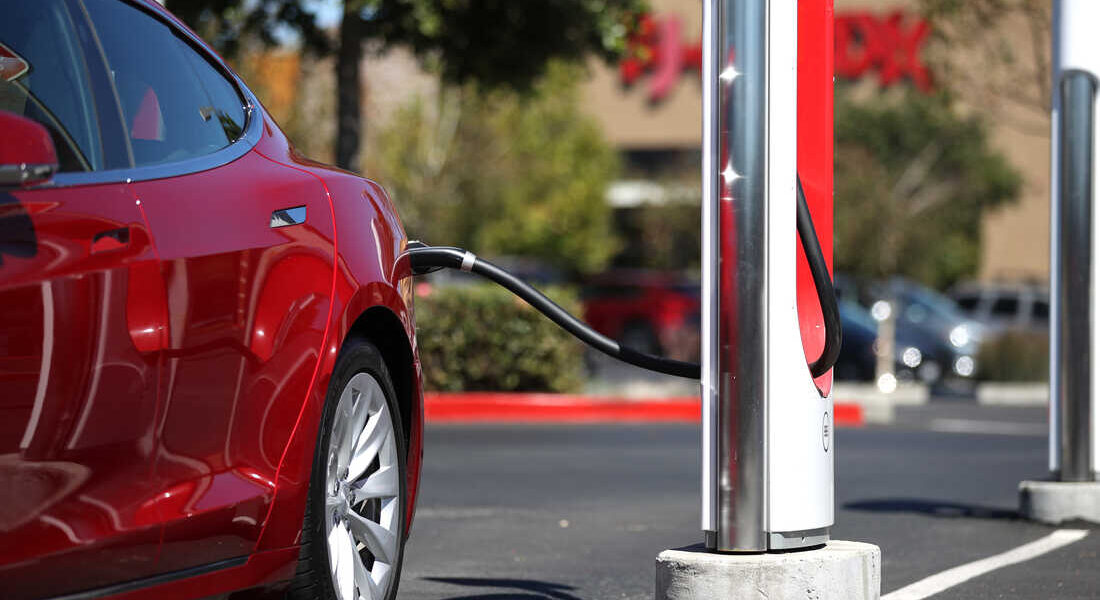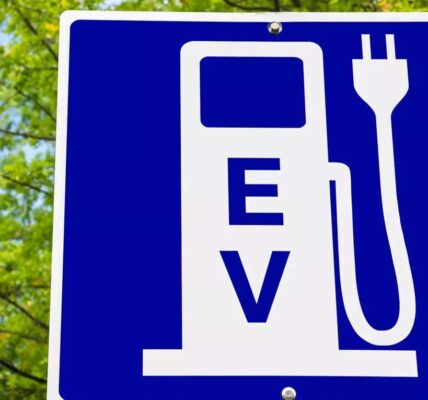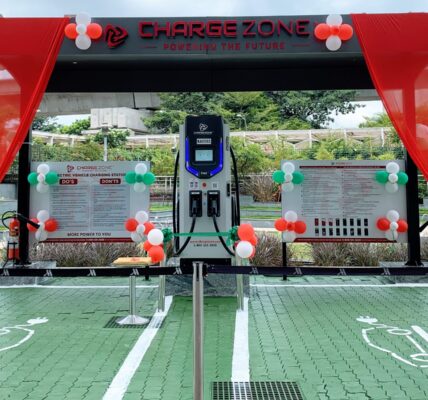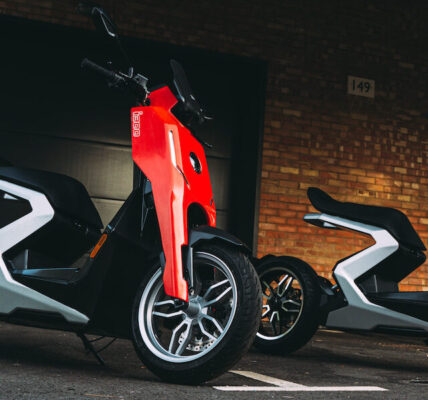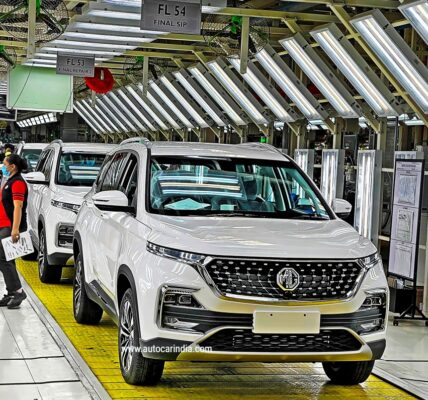As India, which is the fourth largest car market globally, charts a new course for electric vehicles (EVs), the country still has EV penetration at only around 1 per cent (according to Moody’s) – and that too dominated by electric two-wheelers.
EV penetration is the sale of electric vehicles as a percentage of the total light vehicles(inclusive of commercial and passenger vehicles). The Asian average of EV penetration stands at 17.3 per cent, as per a report in the Business Standard.
China, Japan, South Korea, India, Indonesia, Malaysia, the Philippines, Singapore, Thailand, Vietnam, the greater China region, and Pakistan are the countries that are covered in the region.
China is at the top of the table with 27.1 per cent EV penetration. Even though the EV penetration in Japan is 2.2 per cent(close to India’s), this is because the Japanese government has extended its support to other types of clean technologies like hybrids, plug-in hybrids among others.
While India is still far behind in terms of EV penetration, Asian countries dominate the supply chain with 98 per cent of battery cell supply. Moreover, as per the S&P projection quoted by Business Standard, Asia will continue to have control over 90 per cent of the market in 2025 as well. However, the Indian government is confident that the EV penetration will be 30 per cent by 2030, as quoted by the publication.
In the Indian EV market, Tata Motors is currently leading followed by MG Motor, and Hyundai Motor. “MG Motor’s recent launch of the Comet EV priced under Rs 10 lakh is expected to be a game-changer for urban EV adoption,” senior analyst Soumen Mandal from Counterpoint Research told IANS. Maruti Suzuki is also working on developing its own battery technology before launching pure EV models.
Tata Motors has already established an operational battery plant, which has helped the company to reduce its EV price point.


